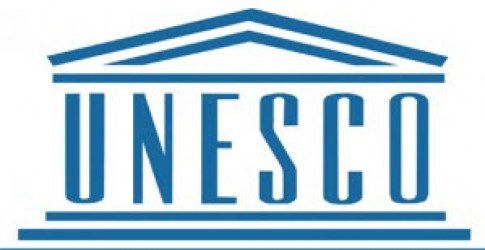UNESCO Kalinga Prize is an international distinction awarding outstanding contributions of individuals in communicating science to society and promoting the popularization of science. The deadline for submissions is 31 May 2019, 23:59 (Paris time, UTC+1).
Qualifications and Nomination of Candidates
The Prize is awarded biannually to a personality whose distinguished career has contributed significantly to communicating science, research and technology to the greater public. It is destined to candidates having contributed significantly to the popularization of science. The Prize may be awarded only to individuals. A work produced by a group of people shall not be considered.
Nominations shall be submitted to the Director-General by the governments of UNESCO Member States and Observer States, in consultation with their Permanent Delegations and National Commissions, or through Non-Governmental Organizations maintaining formal relations with UNESCO. A self-nomination cannot be considered. Each Member State and Non-Governmental Organization may designate one candidate.
Each application dossier shall include the following documents, in English or French:
- Nomination letter by Permanent Delegation of Member or Observer State to UNESCO, National Commission for UNESCO, or Non-Governmental Organisations maintaining formal relations with UNESCO;
- Description of the nominee’s academic/professional background;
- Summary of the work or the results of the work on the popularization of science;
- Description of how the submitted work has contributed to the popularization of science;
- List of enclosed annexes (publications, books, digital supports, media articles, etc.);
- List of translations.
Important regulations on the qualifications of candidates
- The Prize rewards writers, editors, lecturers, radio/television/web programme directors or film producers who have devoted their career to interpreting science, research and technology for the general public;
- The applicant does not need to have a science degree;
- This prize does not reward research;
- This prize does not reward formal teaching (at school/university), nor curriculum development for the formal learning sector.
This year, the Director-General of UNESCO will award the Prize at the World Science Forum in Budapest, Hungary (20-23 November).
Visit the UNESCO website for more information on how to apply and regulations. Submissions close on 31 May 2019, 23:59 (Paris time, UTC+1).

